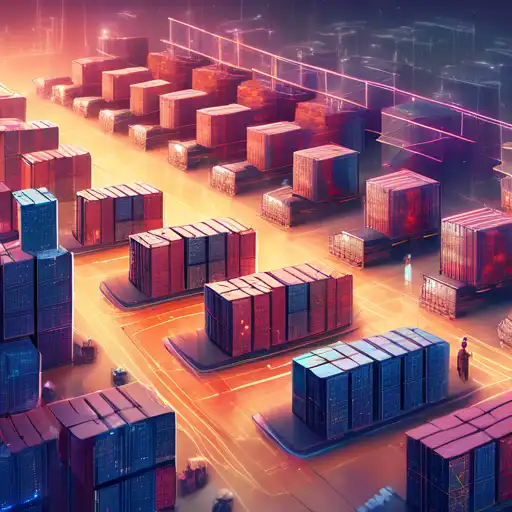The Transformative Power of Blockchain in Modern Supply Chains
In the digital age, blockchain technology is emerging as a revolutionary force in transforming supply chains across the globe. By offering unparalleled transparency, security, and efficiency, blockchain is setting new standards for how goods are tracked, verified, and delivered from manufacturers to consumers.
Understanding Blockchain in Supply Chains
At its core, blockchain is a distributed ledger technology that allows data to be stored across a network of computers. This means that every transaction or movement of goods can be recorded in a way that is immutable and transparent to all parties involved. For supply chains, this translates into a significant reduction in fraud, errors, and delays.
Key Benefits of Blockchain for Supply Chains
- Enhanced Transparency: Every participant in the supply chain can view the entire history of a product, from raw materials to final delivery.
- Improved Security: The decentralized nature of blockchain makes it nearly impossible to alter or hack transaction records.
- Increased Efficiency: Smart contracts automate processes, reducing the need for manual paperwork and speeding up transactions.
- Better Traceability: Companies can quickly trace the origin of products, which is crucial for recalls and verifying authenticity.
Real-World Applications
Several industries are already leveraging blockchain to enhance their supply chains. For example, in the food industry, blockchain is used to track the journey of products from farm to table, ensuring safety and quality. Similarly, in the pharmaceutical sector, it helps in combating counterfeit drugs by verifying the authenticity of medications.
Challenges and Considerations
Despite its potential, the adoption of blockchain in supply chains is not without challenges. Issues such as scalability, interoperability, and the need for standardization across industries must be addressed to fully realize its benefits.
The Future of Blockchain in Supply Chains
As technology continues to evolve, the integration of blockchain with other emerging technologies like IoT and AI is expected to further revolutionize supply chains. This convergence will enable even greater levels of automation, efficiency, and transparency, paving the way for a new era in global trade.
For businesses looking to stay ahead in the competitive landscape, embracing blockchain technology is not just an option but a necessity. By doing so, they can ensure a more secure, efficient, and transparent supply chain that meets the demands of the modern consumer.
Explore more about digital transformation in supply chains and how it's shaping the future of industries worldwide.
